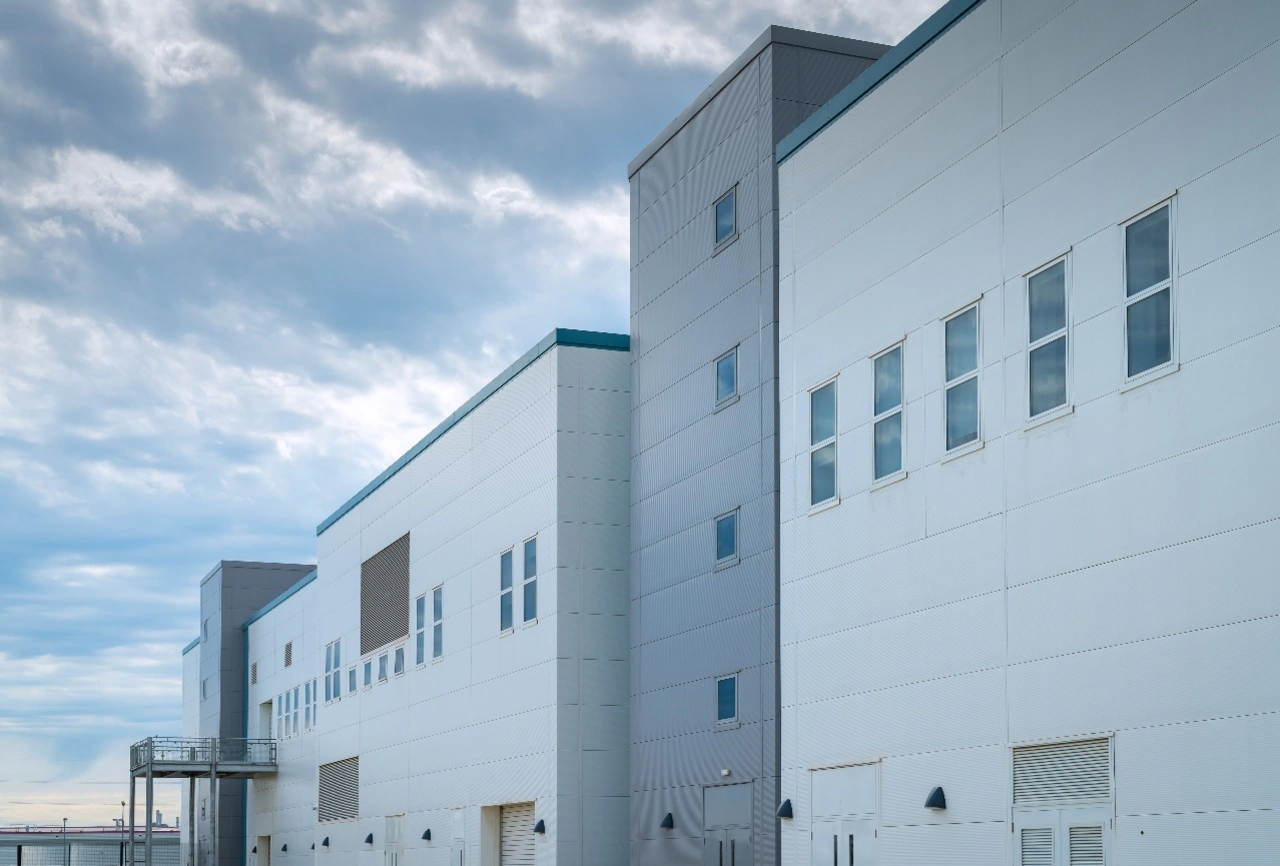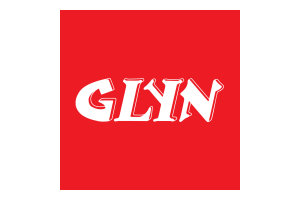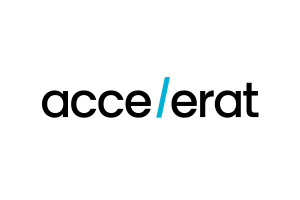Compound Semiconductors
Out of the niche at last!
Fortsetzung des Artikels von Teil 1
Will there soon be a compound semiconductor foundry in the UK?

That's exactly what's particularly interesting today, he says, because it allows IQE to meet customers' desire to offer second sources. Overall, this makes the supply chain very resilient - events over the past few years have shown just how important that is. "The global economy is just decoupling, and different regions will emerge that prefer to trade with each other," Lemos said. Now, he says, it's important not just to manufacture in the lowest-cost location, but to have a presence in all regions. That's why he is not only holding on to the fabs in the UK but wants to expand them further.
In Lemos' opinion, a pure-play foundry for compound semiconductor components could be built in Wales with government support. Such a foundry would nicely complement the ecosystem around the UK compound semiconductor cluster in Wales with companies like IQE, Porotech, and the universities in Cardiff and Swansea. Then IQE would not have to export the wafers produced in Newport exclusively but could supply the new foundry on its doorstep. But this would have its price: 1 billion pounds. But according to Lemos, such a project would be far more cost-effective than building an infrastructure for silicon - and that in a market in which the cluster in Wales is technologically ahead and which still has big growth ahead of it. Such a foundry could be owned in whole or in part by IQE - provided there was sufficient government funding because building an underfunded foundry would be counterproductive. For him, at any rate, it is obvious that such an opportunity should be seized in any case, the sooner the better.
This makes it a little clearer why the CEO of IQE, which employs 700 people and turned over $145 million last year, dares to compare it to TSMC, which is investing nearly $20 billion to build a single new fab: "Our customers will no longer need their own epitaxy, IQE would be to compound semiconductors what TSMC is to silicon wafers."
- Out of the niche at last!
- Will there soon be a compound semiconductor foundry in the UK?
- "IQE is uniquely positioned in the ecosystem"











